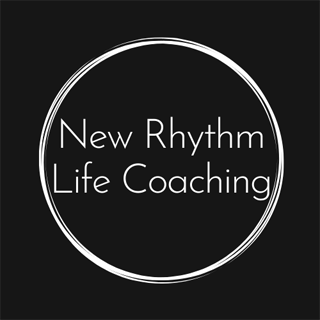Struggling To Stick With Your New Year’s Resolution? Here Are Tips To Ease Staying On Track.
Happy New Year!
We are already in the home stretch of January 2022…wow!
Did you make a New Year’s resolution?
If so, how are things going with your commitment to your New Year’s resolution?
Are you developing new habits and routines that support what you desire?
Or has instant gratification, excuses, and/or procrastination settled in derailing your goal?
Our natural tendency is to avoid pain and seek pleasure, which makes adopting new habits difficult because discomfort is necessary for change and growth.
Author of the bestselling book Atomic Habits, James Clear, explains the biggest thing that sabotages adopting a new habit is trying to go too big with your goal.
Making small changes over a week, month, half year, or year compound, and this consistency and compounding effect create BIG changes.
One of the most effective tools is to make decisions ahead of time.
When we make decisions ahead of time, we are tapping into and choosing from our true wants and desires.
When we make decisions in the moment, we are reacting to impulse and the brain’s need for instant gratification.
If, for example, your New Year’s resolution is to add exercising to your routine, then you need to decide ahead of time what date, time, place, and exercise modality you are going to perform.
This looks like, “On Mondays at 5:00pm I will attend the 45 minute “Group Cycle” class at the YMCA.”
You can dramatically transform the results in your life by just trying.
You don’t have to do it perfectly every time—you just have to try.
When you don’t follow through with your plan, that is not a time to beat yourself up and feel guilty because you didn’t do what you said you were going to do.
Instead, it’s a time to be compassionate with yourself and curious.
As mentioned above, developing new routines and habits is not easy—acknowledge that you are human, and this isn’t just tough for you, but for everyone.
From a self-compassionate place, get curious with yourself and ask yourself, “Why did I choose to skip my exercise class tonight?”
Listen to yourself.
Be open to what’s true for you.
Self-awareness is key to forming new habits.
As James Clear states, “To design and be in control of your change, self-awareness is crucial.”
Many of my clients tell themselves things like:
· “I don’t feel like exercising.”
· “It’s just one workout.”
· “I want to watch TV.”
· “I’m tired.”
· “It’s been a long day.”
Becoming aware of these tricky, sometimes innocent sounding thoughts is super-important in the steps to making change.
Knowing your brain’s tricks to avoiding discomfort gives you the advantage the next time your brain offers you a reason to not honor what you desire.
When Monday rolls around and your brain says, “I don’t feel like exercising,” instead of unconsciously giving into instant gratification to ease the discomfort, consciously direct your mind by telling your brain, “I hear you, and I know you want to take the path of least resistance, but I’m working out anyways.”
Because the truth is, you do want to exercise.
You chose this resolution because it matters to you.
Whether it’s because you want to improve your health, or your fitness, or maybe you want to create balance in your life—whatever the reason is, you chose this resolution to fulfill a purpose.
Living in alignment with what we value leads to happiness and fulfillment!

